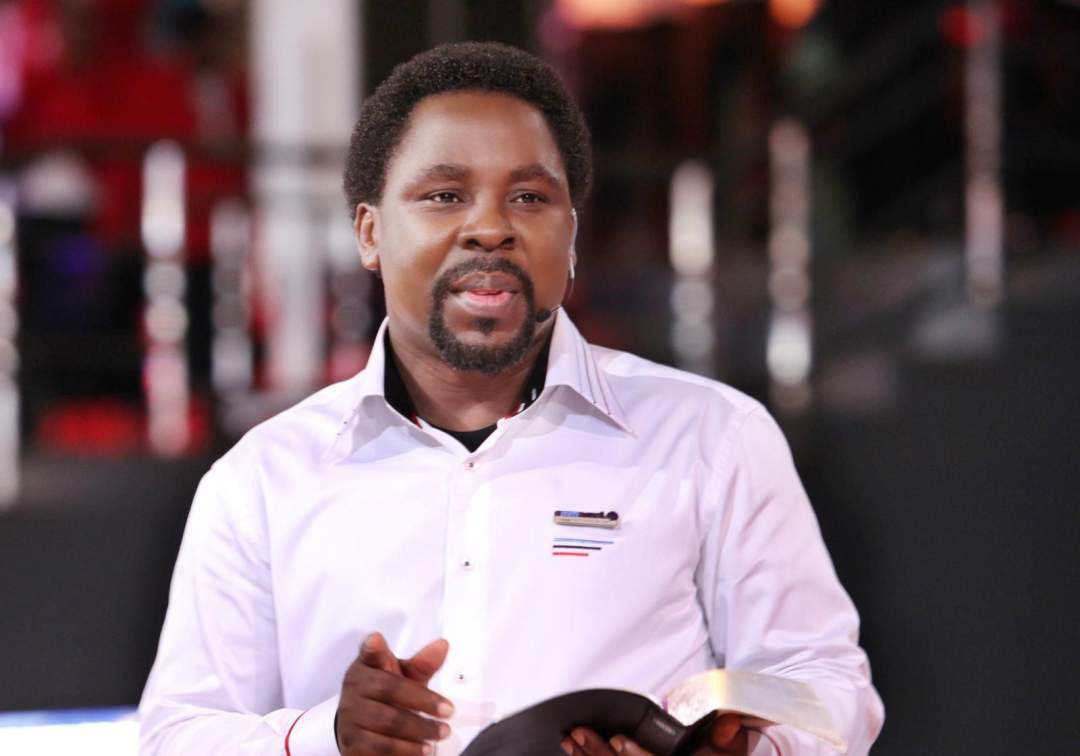
A video of Prophet T.B Joshua of the Synagogue Church of All Nations, SCOAN, predicting the current global economic crisis caused by the novel Coronavirus pandemic, has emerged on social media.
"Whatever your country has discovered in terms of mineral resources and it has been a source of income, causing corruption, fighting and people living flamboyant and all that. Those things nobody will buy them. The price of oil will drop drastically," he said in 2013.
Joshua predicted the crisis on December 28, 2008, three years later, October 16, 2011, and on December 29, 2013. In all the prophecies, the cleric sounded it clear that countries will be broke.
He said that the only solution was for countries and individuals to return to the farm, warning that no one will have the money to buy oil again.
The cleric said God has allowed this because He wants to humble individuals and nations to bring them to their knees.
On Sunday, December 28, 2008, he said, "There will be economic crisis, you are to cut your coat according to your size. (sic) Those of you that have plenty, if there's any way you can leave moderately because the only way you can be saved is if your treasure is in the hand of God.
"There will be economic crisis, it's coming and it will be everywhere. You will be forced to humble. There will be economic war because there's not enough money to fight wars.
"There will be economic crisis. Countries that rely on mineral sources like oil should quickly look beyond oil. I'm just telling you a longtime prophecy not immediate. You can begin to prepare yourself now. Pray for the whole world."
Three years later, on Sunday, October 16, 2011, Prophet T.B Joshua spoke further on the economic crisis that was to come, according to him, "I say to you, there will be an economic crisis. The war the whole world will face now is economic war.
"You'll see every nation, every country will come out going on the streets protesting. And you have not seen anything. Write it down. Everyone will be humbled.
"Those who rely on oil and other mineral resources should look beyond because there'll be no money to buy oil. There's something God wants to achieve concerning this.
"God wants to achieve humility to the core. He wants everybody to be on their knees. He wants every nation to be on their knees and after that, the solution will come. That is what God wants to achieve.
"Whatever you have now, cut your coat according to your size. If you have too much, people will attack you physically and collect it. The time is coming and it has come."
And two years later, on Sunday, December 29, 2013, he added, "People will be broke. Countries will be broke. Single persons can be richer than a country.
"Your oil, you will drink them.
"Whatever your country has discovered in terms of mineral resources and it has been a source of income causing corruption, fighting and people living flamboyant and all that. Those things nobody will buy them again. The price will drop drastically.
"So I want to say to you, we have to return to the farm. Fishing, cattle rearing. This is where we are coming from and we are to return back there."
Meanwhile, the United States oil futures turned negative for the first time in history on Monday with traders dumping May contracts, according to Al Jazeera.
Analysts have warned that crude storage will fill to the brim by next month, and US shale firms weigh the real possibility of shutting down production.
Following the ugly development, President Donald Trump said yesterday that his administration will look at a proposal to block Saudi Arabian oil shipments to the US to help buoy the US shale oil industry against an unprecedented rout that threatens its survival.
"Well, I'll look at it," Trump told reporters at his Coronavirus daily news conference.
Just last night, a former Nigerian lawmaker, Shehu Sani, tweeted that the "Falling oil prices will affect Nigeria's ability and capacity to implement its 2020 budget," adding that "infrastructural projects, foreign debt servicing, international obligations and even the aspects of importation of defense hardwares necessary for the anti-terror war will be directly affected."


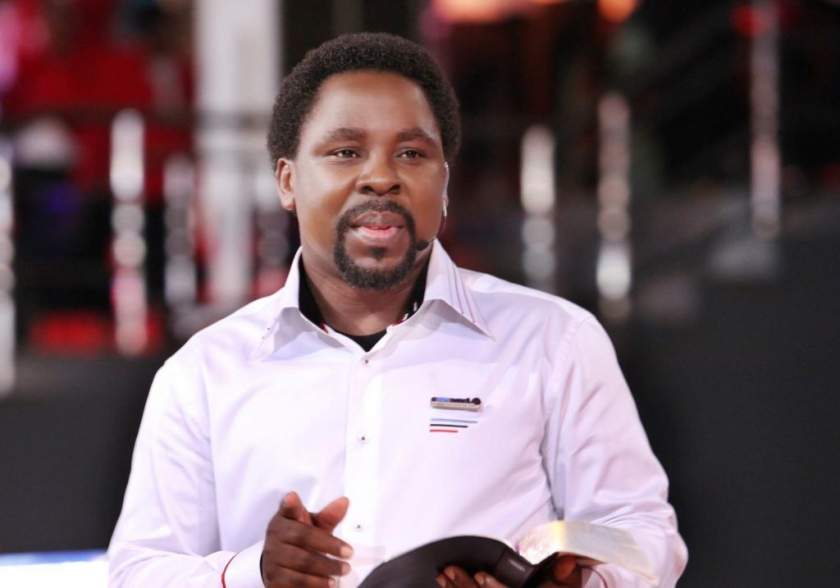
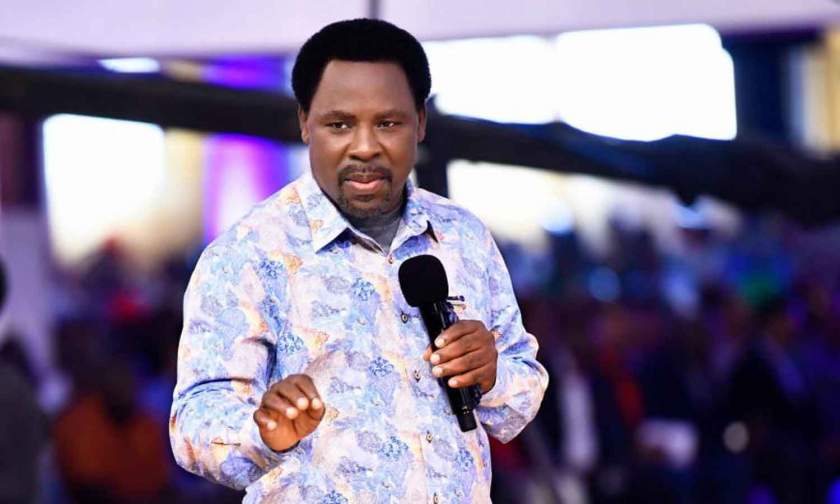


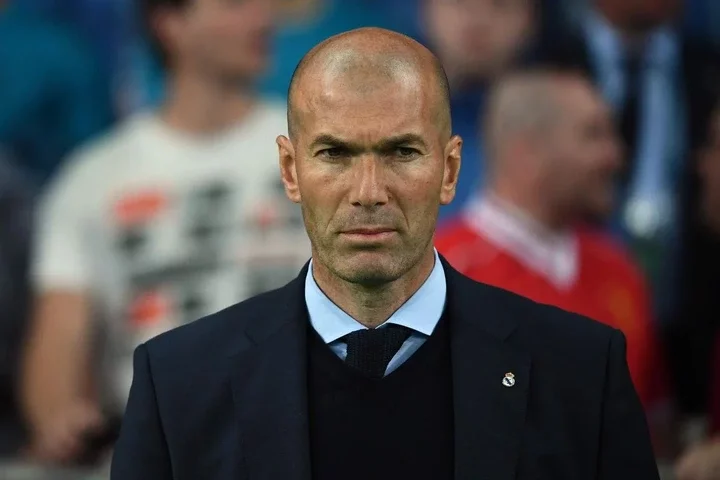
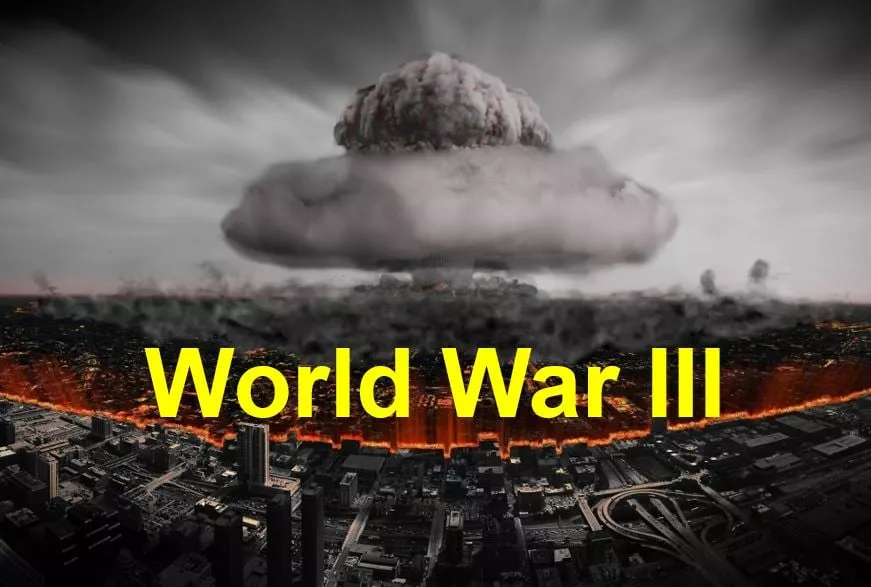

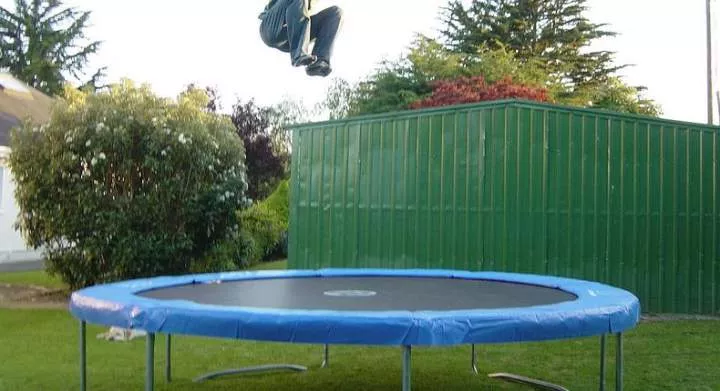






Comments